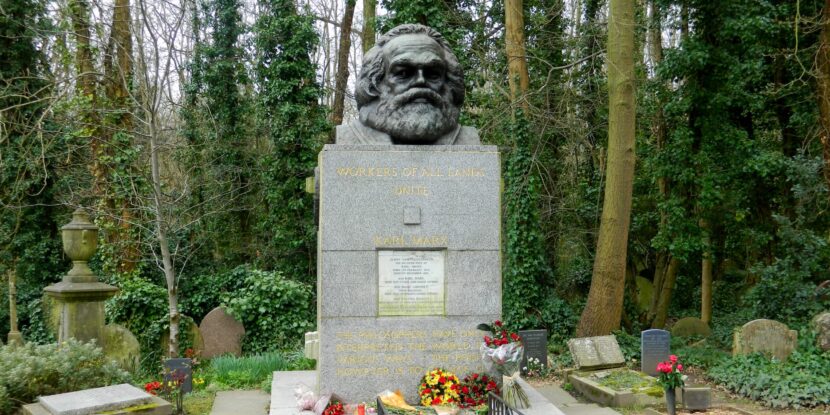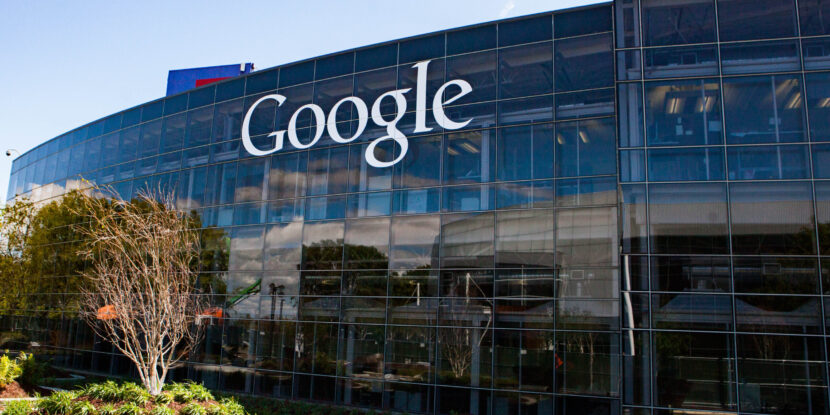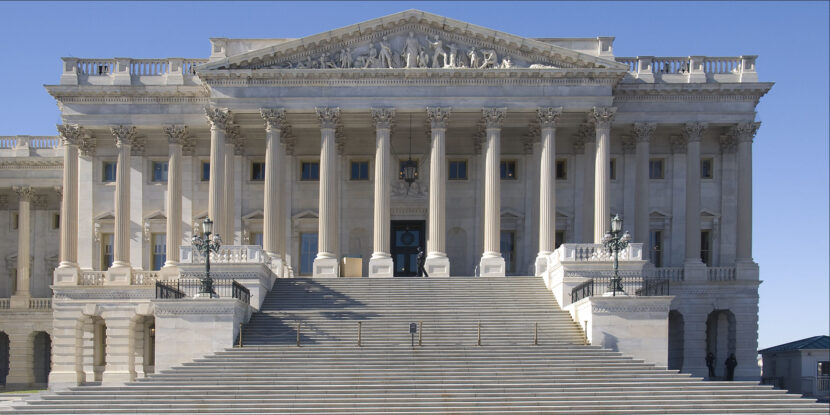Polling suggests that the general public in the United Kingdom is more favorable to socialism than capitalism, although environmentalism is the most popular ideology overall. Socialism in Britain has long been linked to institutions like the National Health Service (NHS), which remains one of the most popular institutions in the country, despite major scandals.
Despite the results, broadly socialist candidates like former Labour Party leader Jeremy Corbyn have failed to win elections.
Conservatism, which came third in the polling by YouGov, is also largely associated with the Conservative Party, which just suffered a historic loss to the Labour Party in the national election in July. However, the Conservatives, or Tories, legalized same-sex marriages and presided over the rise of woke ideology in Britain, and are not socially conservative in any meaningful, ideological sense.
Populism, often associated with the rise of Brexit leader Nigel Farage’s Reform Party, is only slightly more popular than communism among Britons. Reform, however, does not refer to itself as a “populist” party, referring to its anti-mass migration stance and other policies as “common sense.”
Reform is becoming increasingly popular in Britain, with polls showing the party ahead of Labour, which has a large majority in parliament and currently governs the country under Prime Minister Sir Keir Starmer.
While the Tories are number one in the polls, their lead is not significantly ahead of Reform, and as many as 53 percent of Tory members support the party joining forces with Farage in either an alliance or outright merger.




















